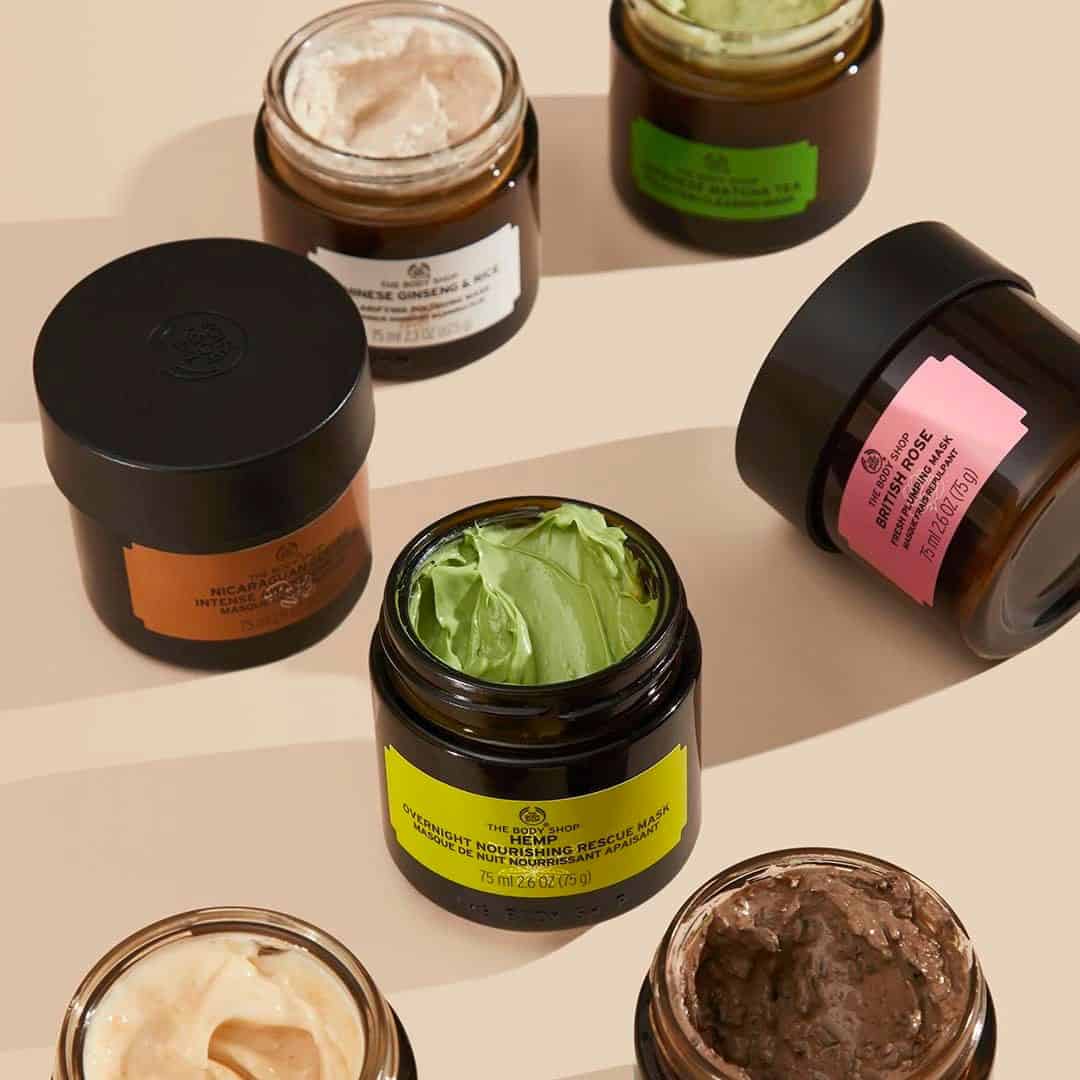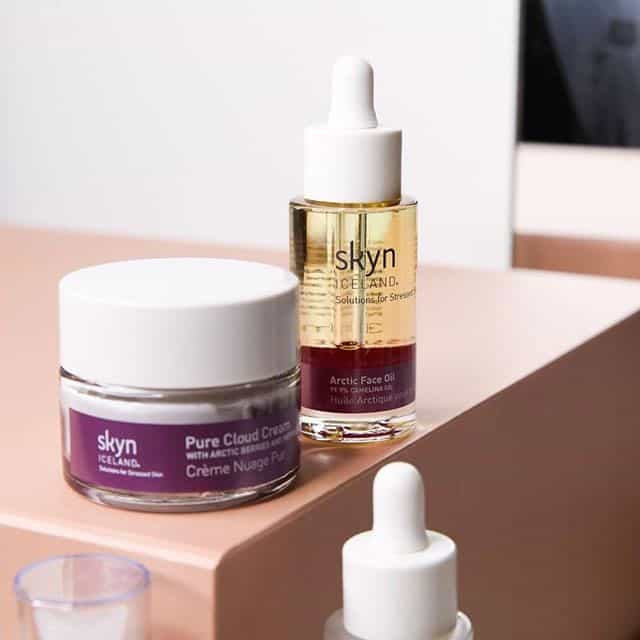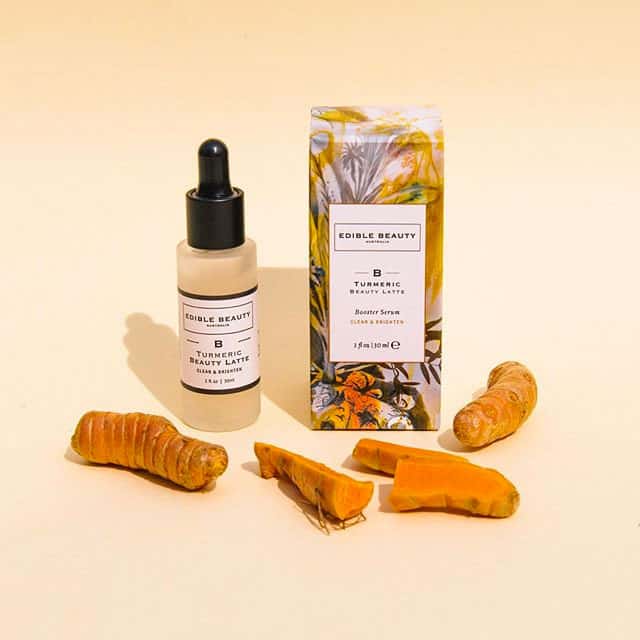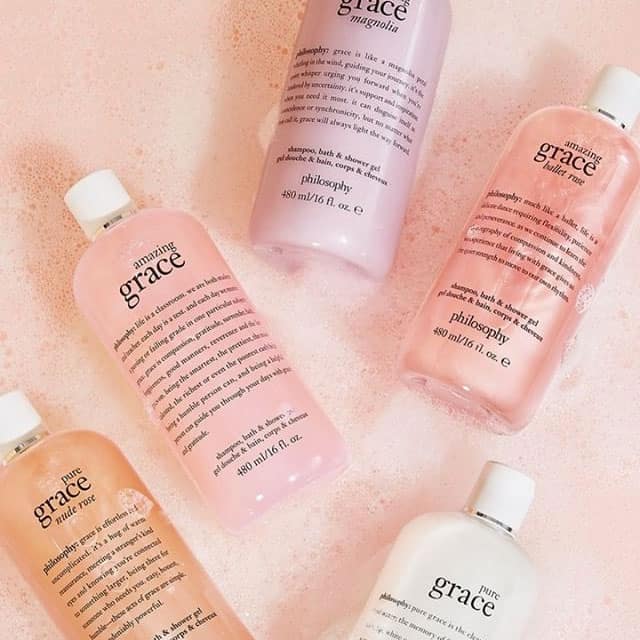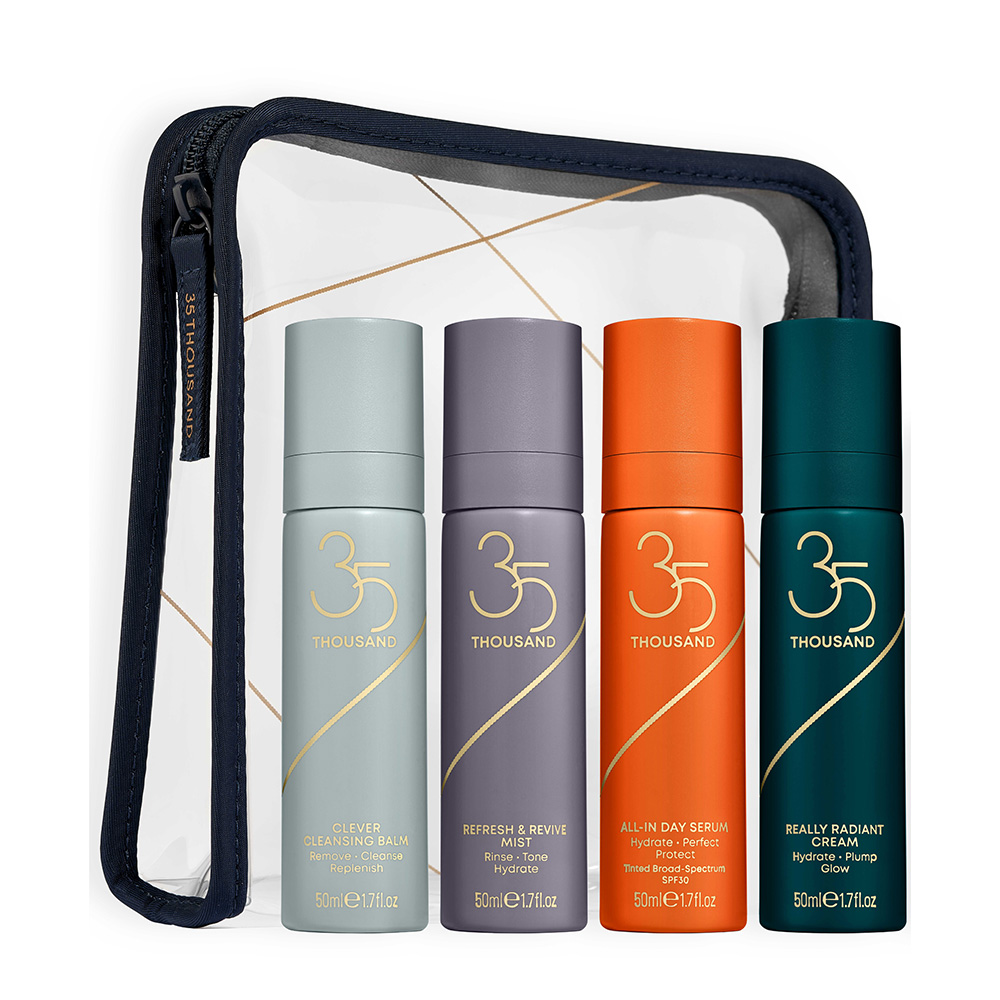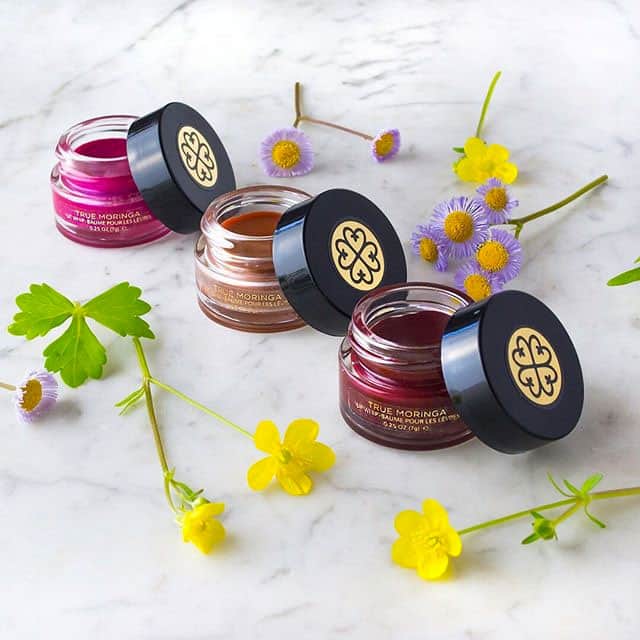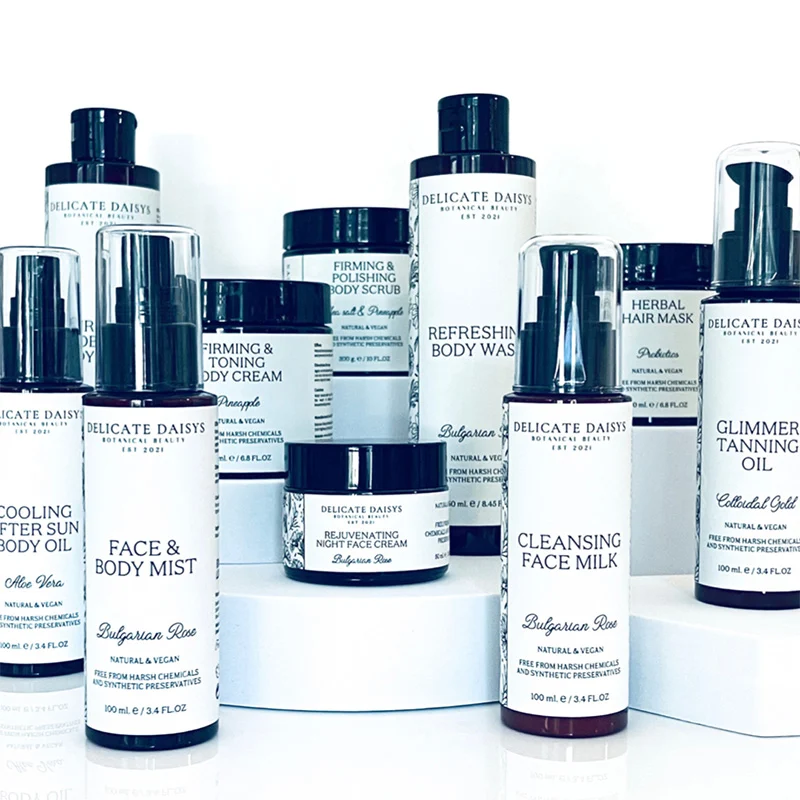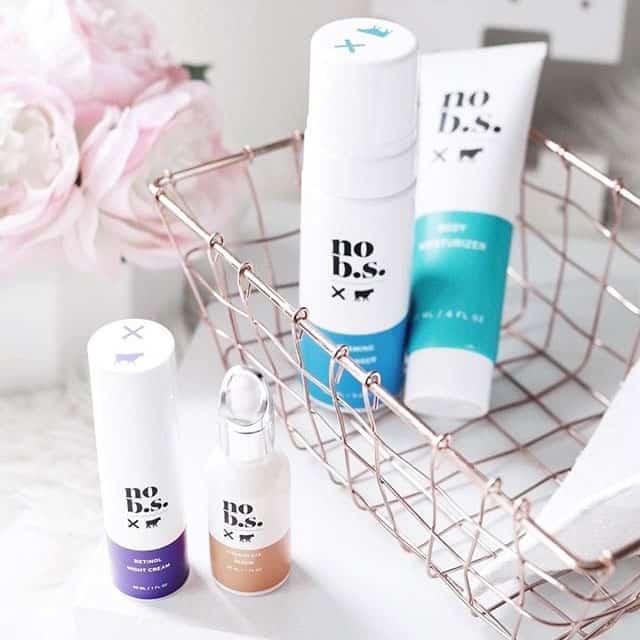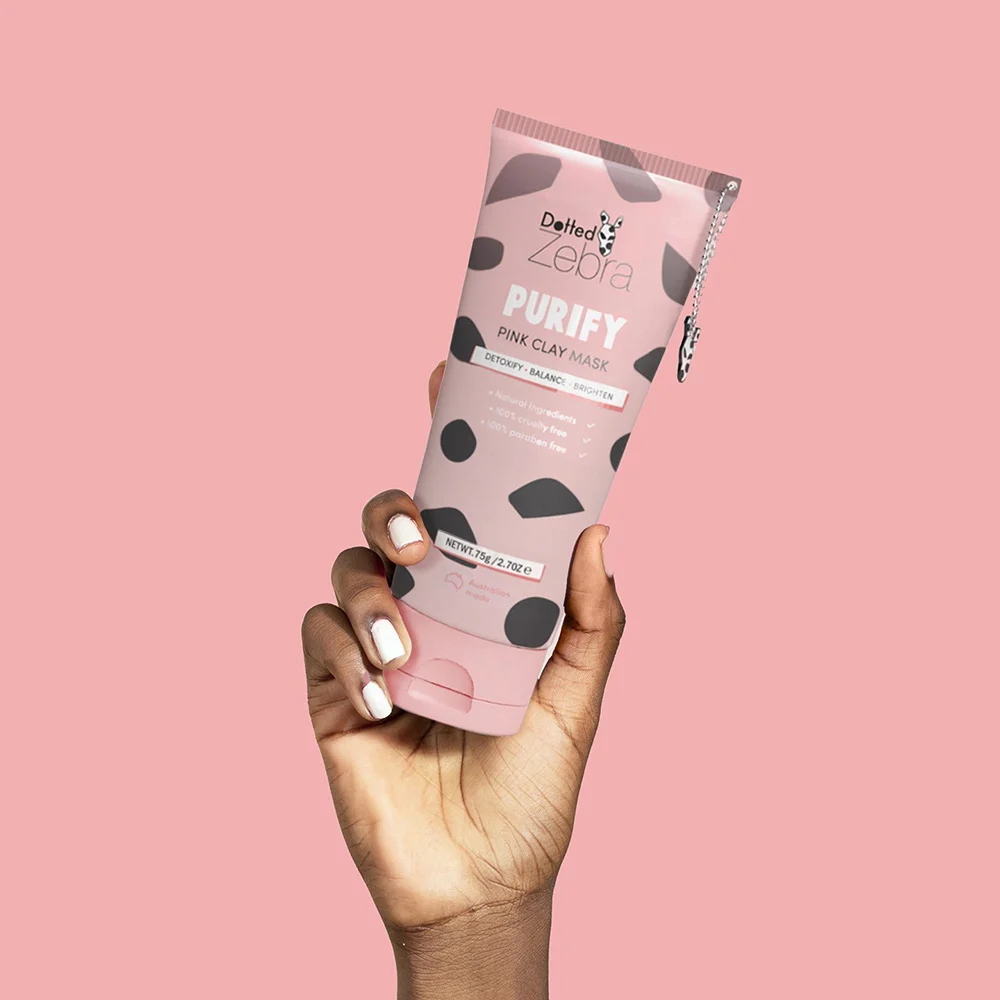Is La Roche-Posay Cruelty-Free?
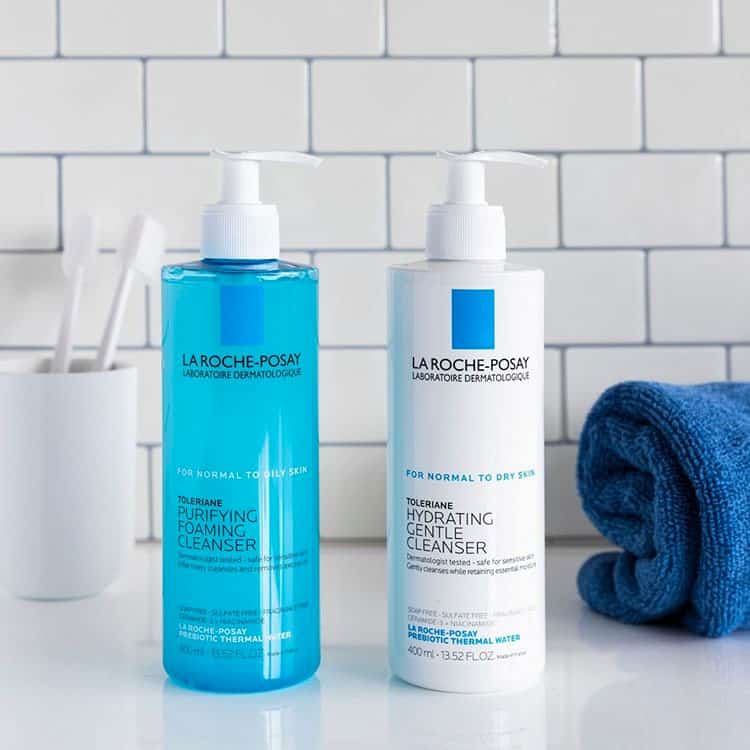
Is La Roche-Posay Cruelty-Free?
No, La Roche-Posay is not cruelty-free. They may test on animals, either themselves, through their suppliers, or through a third party. Brands who fall under this category could also be selling products where animal testing is required by law.
L'Oréal
-
Finished products tested on animals
Yes, where required by law
-
Ingredients tested on animals
Uncertain
-
Suppliers test on animals
Uncertain
-
Third party animal testing
Yes, where required by law
-
Sold where animal testing is required by law
Yes
“La Roche-Posay does not test any of its products or any of its ingredients on animals, anywhere in the world nor does La Roche-Posay delegate this task to others. The only possible exception is if regulatory authorities required it for safety or regulatory purposes.“
Spread the word.
310 Shared
The Truth About La Roche-Posay's Animal Testing Policy
Although La Roche-Posay as a company do not test their finished products or ingredients on animals, they nevertheless pay others to test their products on animals “where required by law”. This means that La Roche-Posay is not cruelty-free.
When companies claim that they test on animals “where required by law”, it typically means that they sell their products in mainland China, where cosmetics are legally required to be tested on animals.
To learn more about animal testing laws in China, click here.
La Roche-Posay also doesn’t mention whether or not their suppliers test on animals, which is a red flag.
Is La Roche-Posay owned by a parent company that tests on animals?
La Roche-Posay is owned by L'Oréal, a company that tests on animals. Not only is La Roche-Posay not cruelty-free but neither is their parent company.
In the beauty industry, it’s common for brands to be owned by a larger company. These are called parent companies, and they’re often global corporations such as L’Oreal, Estee Lauder, or Procter & Gamble.
Most of these parent companies are not cruelty-free, since they test on animals to some degree. They might also own several brands that are not cruelty-free.
However, some of the brands owned by these parent companies are cruelty-free and have strict policies against animal testing.
There are pros and cons to supporting cruelty-free brands owned by parent companies that aren’t.
You can either:
- Choose to boycott them since they’re a part of a larger conglomerate that engages in animal testing.
- Choose to support some of them based on the individual ethics of each parent company, or only purchase from them if there are no independent alternatives.
- Choose to support them since they are 100% cruelty-free even though their parent company is not, therefore showing their parent company that consumers are favoring their cruelty-free brands.
In the cruelty-free community, the majority of conscious consumers purchase from cruelty-free brands even if they’re owned by a parent company that tests on animals. This is our stance at Cruelty-Free Kitty as well. We believe that supporting all cruelty-free brands is the only path towards a cruelty-free and more ethical beauty industry.
It’s also worth noting that subsidiary brands of parent companies are unique corporations by themselves. They act as independent branches and operate independently from the parent company, and can also be sold to other companies including cruelty-free ones.
Another aspect to consider is that many parts of the world only have access to limited brands, so their only cruelty-free options are owned by large corporations. This is a concern we hear about constantly from our international readers. Given this complex landscape, we believe that supporting all cruelty-free brands is ethical as well as practical.
A minority of shoppers choose to boycott brands owned by a parent company that tests on animals.
At Cruelty-Free Kitty, we make it easy for all of our readers to know which brands are owned by a parent company that tests on animals. At the top of each brand page, you’ll see a “parent company” note if that’s the case.
You can also filter our list of cruelty-free brands to only show brands that are not owned by any company that tests on animals.
Finally, for a list of brands owned by a parent company that tests on animals, click here.
Is La Roche-Posay sold where animal testing is required by law?
Yes, La Roche-Posay is available for sale in countries with mandatory animal testing. This means that their products were likely tested on animals.
You can trust Cruelty-Free Kitty to be on top of the most recent changes in China’s animal testing laws. As of 2023, the vast majority of beauty brands available in China have had their products tested on animals.
Mainland China still requires these mandatory animal tests for most companies. Is it possible for brands to bypass them? Yes, however it’s currently extremely rare as brands need to “jump through several hoops”.
One way to bypass these animal tests is to only have their products available only online, and not in physical stores. Another way is to manufacture the products in China while making sure to adhere to strict regulations.
In all other cases, beauty brands need to pay for cruel animal tests to be performed using their products. It’s estimated that close to 100,000 rabbits are used in animal testing for cosmetics each year in China alone.
Even though the company itself isn’t executing these animal experiments, they bear full responsibility. Not only does the company sign off on the experiments, but they’re also funding them.
Is La Roche-Posay certified cruelty-free by any organizations?
No, La Roche-Posay is not certified by any organizations.
While companies can be fully cruelty-free without being certified, it’s still a good indicator of their ethical practices. Leaping Bunny and PETA are the two organizations giving out cruelty-free certification.
Is La Roche-Posay vegan?
No, La Roche-Posay is not vegan. This means that some of their products may contain animal-derived ingredients. La Roche-Posay might offer some vegan products, however because this company is not cruelty-free, it's recommended to avoid any products they offer even if they are vegan.
Brands can be cruelty-free without being vegan, and claim to be vegan without being cruelty-free. This is because “cruelty-free” refers to the animal testing aspect, while “vegan” refers to the ingredients.
A “vegan” product contains no animal-derived ingredients, such as Beeswax (made by bees), Carmine (a red pigment made from crushed beetles), or Collagen (from mammal or fish skin).
A company is “cruelty-free” at company level, meaning they can’t have cruelty-free products unless the whole company is cruelty-free. However, a company can offer vegan products even if not all of their products are vegan. If all of their products are vegan, then we refer to the brand as “100% vegan”.
We have a list of 100% vegan brands, and you can also filter our official list of cruelty-free brands and choose to show vegan brands only.
Looking for vegan products from cruelty-free brands? Visit our Product Database and make sure you use the vegan filter.
Does La Roche-Posay test on animals?
Yes, La Roche-Posay tests on animals. This means that the brand pays for their ingredients or their finished products to be tested on animals, either by the brand itself, their suppliers, or any third parties. Most often, brands that test on animals do so by allowing third parties in mainland China to test their finished products on animals.
How do you determine that brands like La Roche-Posay are not cruelty-free?
Most brands don't publicly display their full animal testing policies. We contact brands directly with our questions in order to get their complete policy. If any brand states that they, their suppliers, or any third party test on animals, the brand is listed as "not cruelty-free."
We ask all conscious consumers to be mindful of misleading statements from brands. Companies that test on animals try to minimize their involvement in animal testing, and understandably so—if a brand were to proudly claim to perform cruel tests on animals, their customers would surely reconsider being a loyal fan.
What they do instead is use clever language that shifts the blame away from themselves and makes the public believe that they’re not responsible for the animal testing, or that the animal testing performed on their products is “an exception”.
If a brand is listed as “not cruelty-free” in our database, you can rest assured that their products were tested on animals in recent years.
We monitor every change and constantly post updates. The changes in our database, list of cruelty-free, and brand pages are reflected in real time as soon as we become aware of new information.
Is Cruelty-Free Kitty reliable?
Founded in 2014 by Suzana Rose, Cruelty-Free Kitty is the largest and most trusted cruelty-free shopping platform.
We vet every single brand added to our database by contacting them directly and ensuring they adhere to our strict criteria we call "The Cruelty-Free 5".
For a brand to be listed as cruelty-free, it must satisfy the following:
- The brand itself does not test on animals, for either finished products or ingredients.
- Suppliers do not test on animals for products, raw materials, or ingredients.
- No third parties test on animals on the brand's behalf.
- The brand does not test on animals when required by law.
- The brand does not sell cosmetics in physical stores in mainland China.
At Cruelty-Free Kitty, we have an unwavering commitment to accuracy. The landscape of cosmetics animal testing is constantly evolving globally. Our team is diligent about staying current on changing laws, brand acquisitions, and policy updates that impact cruelty-free status.
To date, we’ve vetted over 1200+ brands and helped millions of conscious shoppers choose products that aren’t tested on animals. Please feel free to contact us with any questions by using our contact form.
Share to spread awareness.
Help spread the word by clicking the buttons below to share with your friends on Facebook, Twitter, Pinterest, or Reddit.

